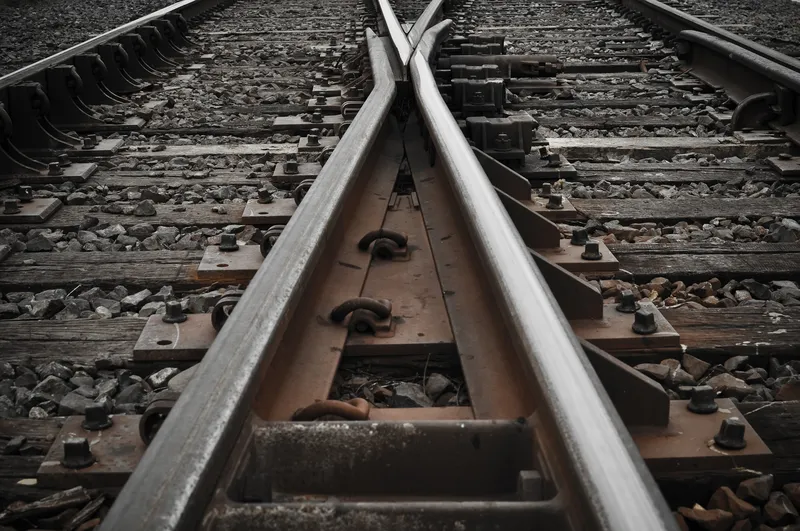The
The Commission has outlined five key areas in its proposal to the existing rules of passengers. Firstly, that long-distance domestic and cross-border regional services are no longer exempt from a unified application of passenger rights. In addition, Passengers must know whether rights apply to a whole journey when using connected services with separate tickets. Secondly, for disabled passengers to have the right to assistance on all services and full compensation for loss or repair of mobility equipment. Also, an enforcement on complaint handling with clear deadlines, and finally, a force majeure clause exempting rail companies from having to pay compensation to passengers for delays caused by natural catastrophes.
Karima Delli, chair of parliament’s transport said: “Only truly enforceable passenger rights and compensation in case of delays can help increase the popularity of trains and boost low-carbon multimodal travel.”
She added that MEPs will carefully examine which exemptions for the force majeure exemptions will be granted.
European Commission modernises rights for European Rail Passengers
The European Commission has updated the European rules on rail passenger rights to provide adequate information for passengers, improve rights for disabled passengers, and protect rail operators from compensating passengers under strict circumstances. The Commission has outlined five key areas in its proposal to the existing rules of passengers. Firstly, that long-distance domestic and cross-border regional services
September 29, 2017
Read time: 2 mins










